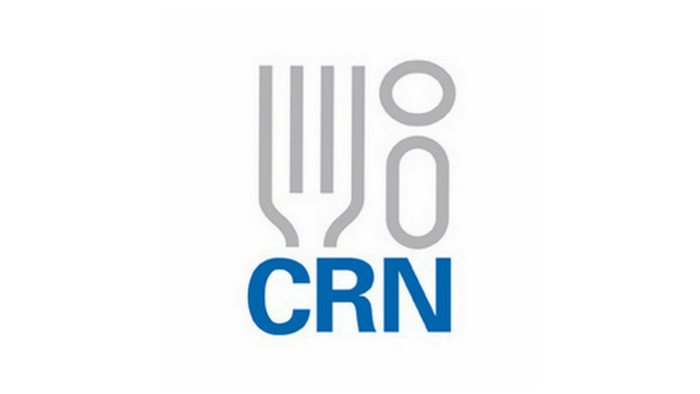Dietary supplement trade associations warn consumers of drug posing as dietary supplement
"Phenibut" is a highly addictive and dangerous substance.
November 5, 2018

The dietary supplement industry sounded the alarm today about the dangers of “phenibut,” a substance being illegally marketed in products fraudulently labeled as dietary supplements. Developed and used as a drug in the former Soviet Union for its supposed brain-enhancing properties, phenibut is not approved as a drug in the United States, nor does it meet the regulatory requirements to be sold in, or as, a dietary supplement. The ingredient should be considered dangerous, and has been associated with potentially serious side effects and great risk for addiction. The responsible dietary supplement industry learned that phenibut has been found in adulterated products fraudulently labeled as dietary supplements and is warning consumers to avoid purchasing any products with this ingredient.
The leading trade associations of the dietary supplement industry stand together in opposition to this illegal and unapproved substance, and have immediately taken action to keep tainted products falsely claiming to be dietary supplements out of consumers’ hands. The industry has notified the Food and Drug Administration (FDA) and fully supports the agency’s legal authority to immediately remove these dangerous products from the market. In addition, the trade associations have contacted several online retailers selling tainted products containing phenibut, urging them to remove these items from their digital shelves at once.
The American Herbal Products Association (AHPA), the Consumer Healthcare Products Association (CHPA), the Council for Responsible Nutrition (CRN), and the United Natural Products Alliance (UNPA) unequivocally warn manufacturers, marketers and retailers, and consumers to immediately halt the production, sale, promotion, or consumption of this unapproved, illegal and dangerous substance.
Retailers of dietary supplements, including online retail portals, should refuse to stock or sell any product containing phenibut.
Manufacturers, marketers and retailers should refrain from promoting any product containing phenibut.
Consumers should avoid any product containing phenibut.
Each association and its member companies prioritizes the safety and well-being of consumers above all else. The responsible industry is committed to providing the public with safe, high-quality dietary supplement products that provide many positive benefits to promote better health and wellness.

You May Also Like


